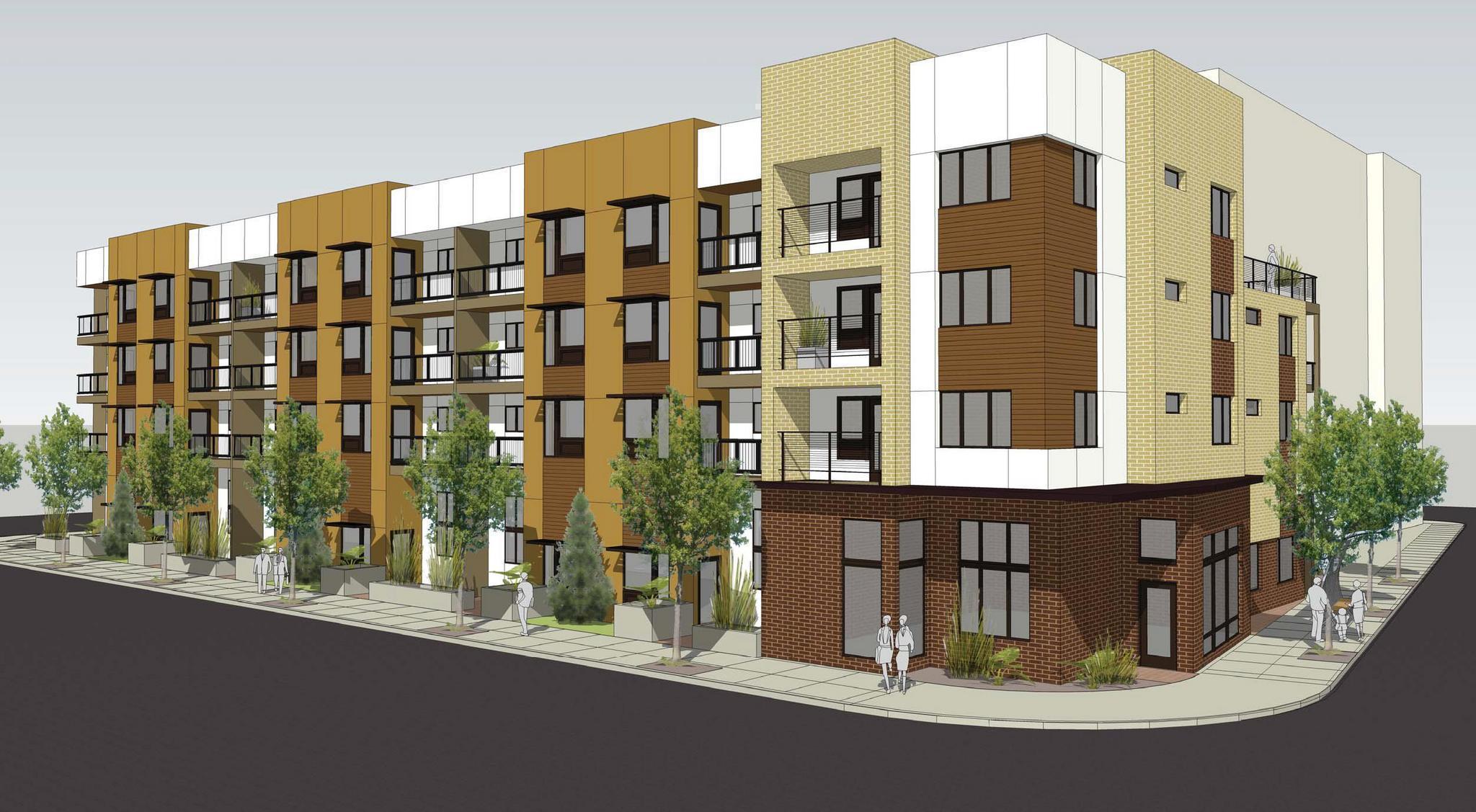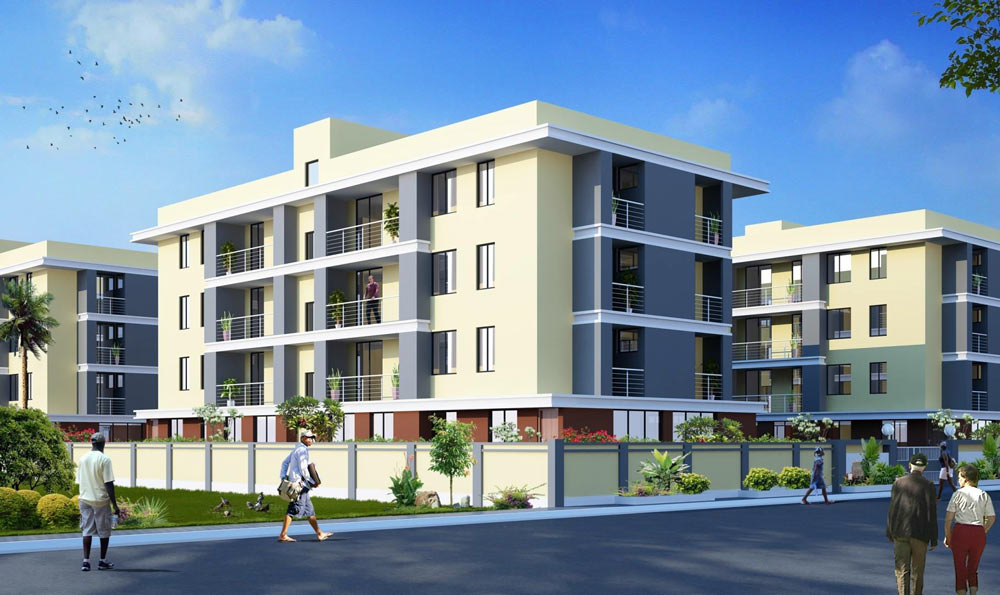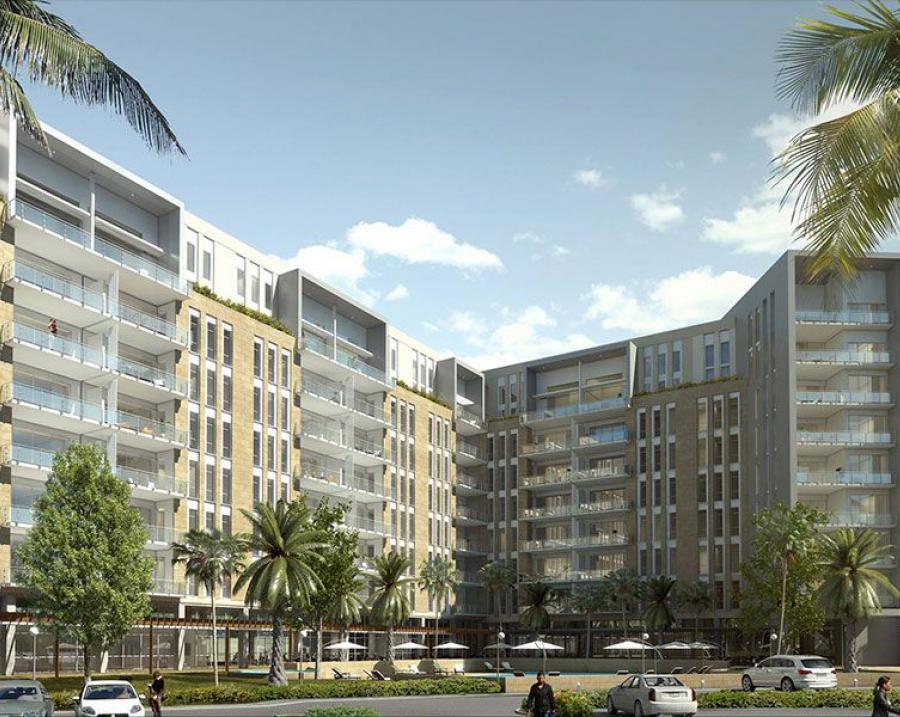The Government of Rwanda is setting aside US$200 million in its budget for financial year 2017/18 for development of low cost housing for low and mid income earners.
James Musoni, Rwanda’s minister for Infrastructure, said his government has come up with four strategic actions aimed at addressing the issue of affordable housing for Rwandans. The fund is one of them
The fund will go to subsidising mortgages against high commercial bank interest rates. It will also be provided to property developers who most of the time have to borrow at high interest rates from commercial banks, which costs they transfer to the buyers- making houses unaffordable for low income earners.
In Rwanda current interest rates for commercial rates range from 18-20 per cent, at par with all of her east African peers- Uganda’s 18-22per cent, Tanzania 18-20 per cent and Kenya’s cap at 18 per cent.
It is estimated that Rwanda will need 340, 000 housing unit by 2022. Rwanda’s Housing Authority (RHA) recently said plans are afoot for construction of 30,000 units, of these works for 1,500 units are currently under way.
Availability of affordable housing is a challenge across East Africa as property developers have tended to pay attention to the high end market that has bigger spending power, and neglecting the low end market, where a majority of the population lies, albeit with lower spending power. Analysts believe this is not a self-correcting market phenomenon. Rather, it will take direct government intervention to give special incentives for private developers to go to the low-mid income housing segment.
The UN estimates that the current rural-urban migration in Sub Saharan Africa stands at about 40 per cent, meaning the demand- and the stress- for affordable housing anywhere in cities in the region is only expected to exponentially grow for the foreseeable future.
According to the Knight Frank Africa report 2017, “The fastest growing cities of Africa are nearly all within the Sub-Saharan region, outside South Africa. Cities such as Kampala, Lusaka and Nairobi are currently growing at rates in excess of 4% per annum and, over the coming decades, an increasing number of Sub-Saharan cities will join the ranks of the world’s megacities with populations over 10 million.”
Knight Frank says that the rapid population growth will create challenges for city authorities and put strain on urban infrastructure “It will also create opportunities for property development as huge investment will be needed in the built environment of African cities if they are to cope with the pressures of population.”
How Housing Matters, a US online resource for research and practical information on how a quality, stable, affordable housing affects individual and community economic prospects says that affordable housing enables households to build wealth and provide their economic pathway out of poverty and to success. They also say that affordable housing increases spending on local goods and services in a particular location and is good for the job market as good labour tends to be attracted to a location at affordable rates.













